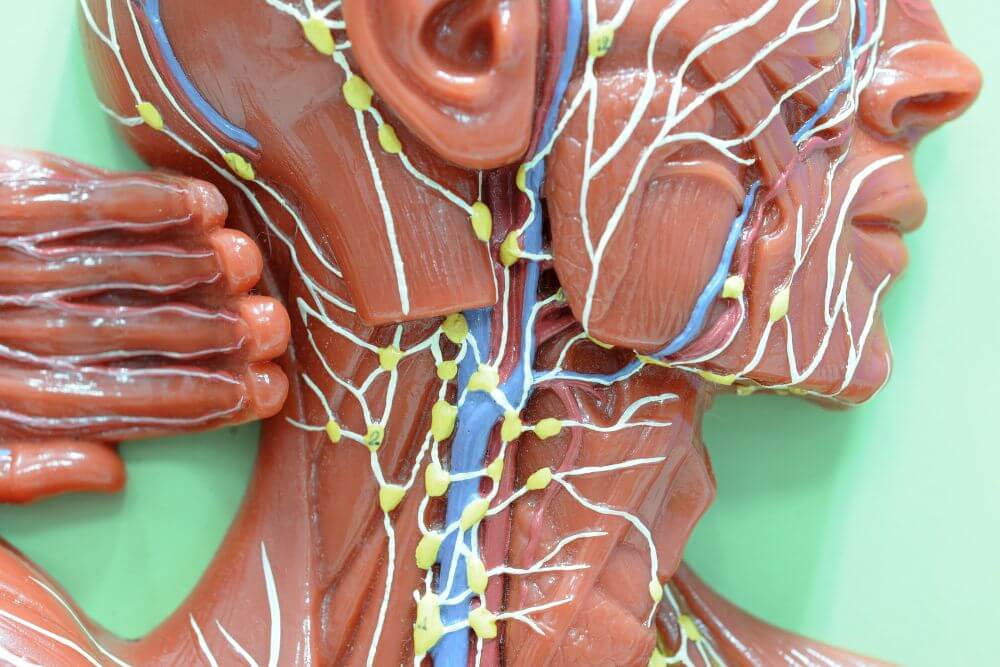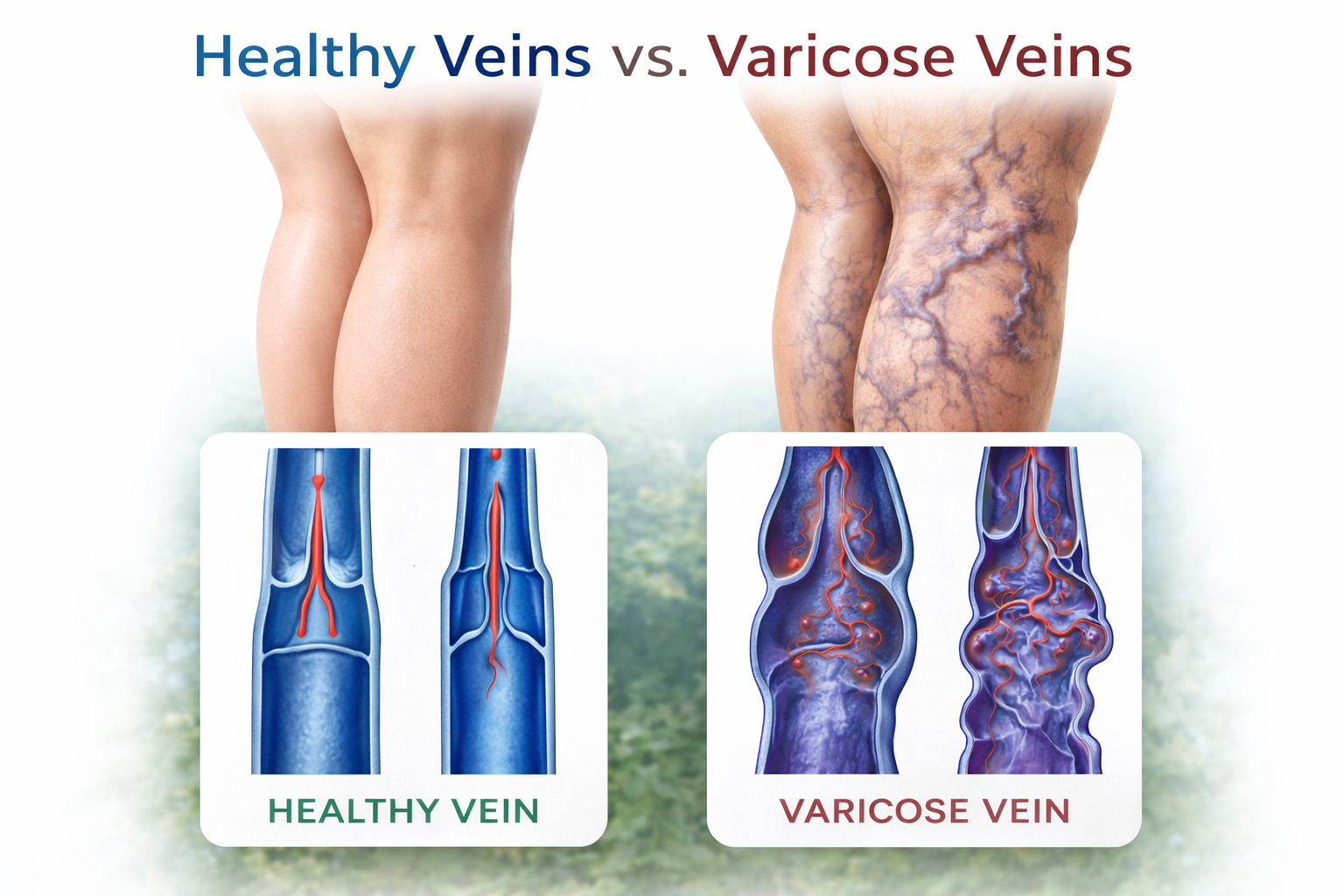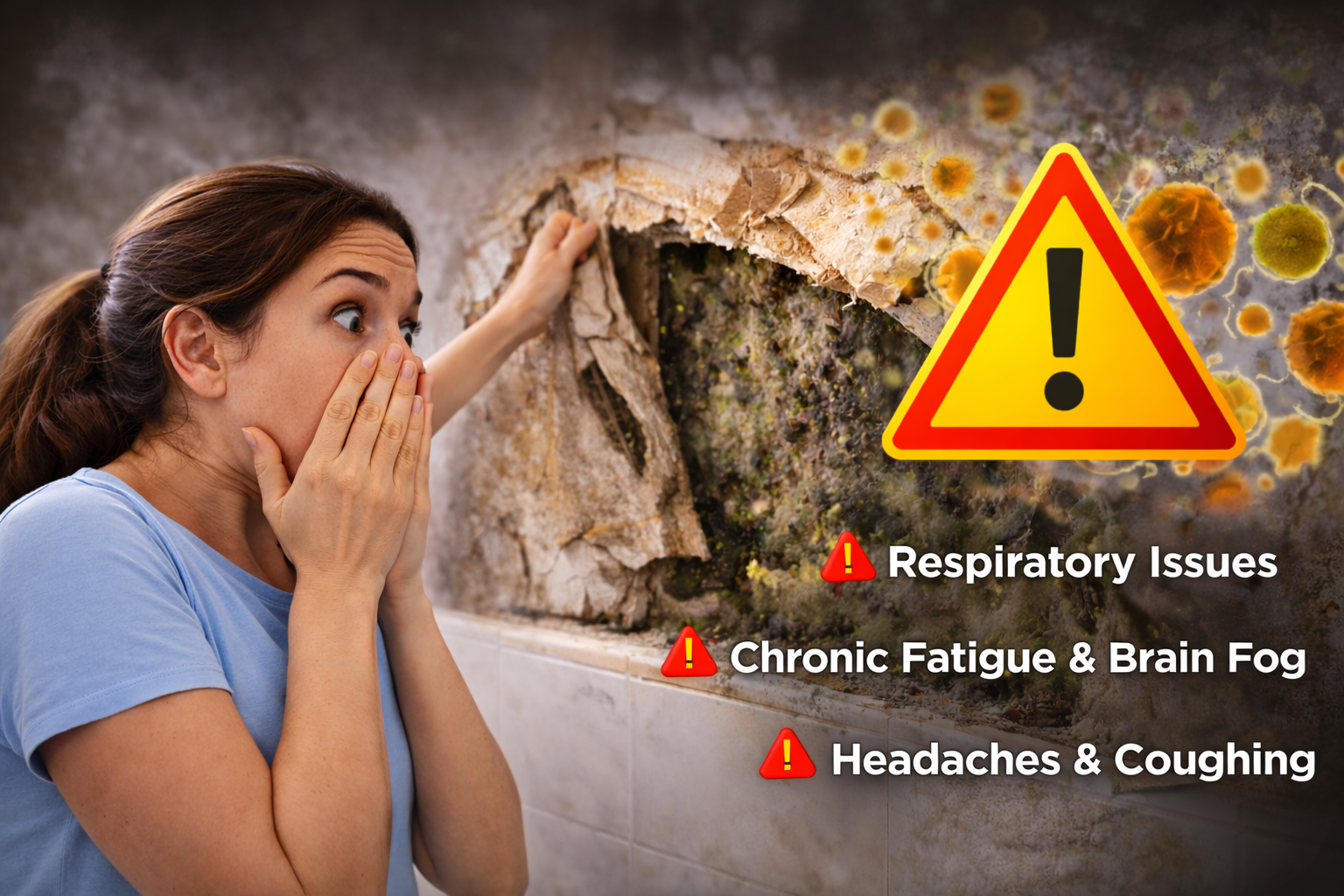Your lymphatic system is like your body’s natural cleanup crew—removing toxins, balancing fluids, and powering your immune defenses. But did you know that certain foods can seriously disrupt its function? In this blog, we’ll explore the worst foods for lymphatic health and how avoiding them can help you feel your best.

Understanding the Lymphatic System
The lymphatic system is a network of vessels, organs, and tissues working in harmony to protect the body from infections and maintain fluid balance. It functions like the body’s “waste management system,” carrying away toxins and supporting immune defenses. According to Miller & Gal (2017)[1], lymphatic vessels are structurally similar to veins and capillaries, circulating a clear fluid called lymph throughout the body.
The lymphatic system plays an important role in regulating fluid balance, immune response, and the absorption of dietary fats from the intestines. It includes approximately 800 lymph nodes that filter lymph and trap pathogens, aided by other organs such as the spleen, thymus, and bone marrow. Proper care of the lymphatic system is crucial, as its impairment can lead to a variety of health issues, including frequent infections, joint pain, and skin problems.
Foods That Harm the Lymphatic System

Maintaining lymphatic health requires avoiding certain foods that negatively impact its function. Below, we outline the eight worst offenders that contribute to inflammation, compromised immune function, and disrupted fluid balance.
1. Processed Foods
Processed foods are notorious for containing high levels of artificial additives, preservatives, and unhealthy fats. According to Bsn (2018)[4], these additives contribute to the production of free radicals, which cause oxidative stress and inflammation. A diet high in processed foods also lacks the necessary nutrients needed for lymphatic and overall health.
2. High Sodium Foods
High-sodium foods, such as salted snacks and processed meats, contribute to water retention and disrupt fluid balance in the body. Excess sodium intake can lead to edema, placing further strain on an already compromised lymphatic system. Chronic high sodium levels can also lead to persistent dehydration, negatively impacting lymphatic health and proper fluid distribution[6].
3. Caffeine
Caffeine, commonly found in coffee, tea, and energy drinks, acts as a diuretic, increasing urine production. Without adequate water intake, caffeine consumption can lead to dehydration, ultimately reducing healthy lymphatic drainage and slowing the lymphatic system[6].
4. Sugars
Added sugars, present in processed foods, sugary drinks, and desserts, contribute to weight gain and increase fat storage in the body. This excess fat can compress lymphatic vessels, impairing lymph circulation and reducing the system’s ability to filter toxins. Chronic inflammation, as explained by Pahwa (2023)[2], often results from excessive sugar intake and contributes to a compromised lymphatic system.
5. Foods Containing Acrylamide
Acrylamide is a carcinogenic substance formed when foods are cooked at high temperatures, such as during baking, roasting, or frying. Common foods like French fries, cookies, and coffee contain acrylamide. Bongers et al. (2012)[5] found that dietary acrylamide intake may increase the risk of lymphatic malignancies. Limiting the intake of these foods is key to reducing exposure to this harmful substance.
6. White, Refined Grains
White bread, pasta, and rice are refined grains that lack essential nutrients such as fiber, vitamins, and minerals. Consuming these foods leads to rapid spikes in blood sugar levels, which can exacerbate existing lymphatic obstruction or lymphedema, where body tissues swell due to fluid accumulation. These refined grains also contribute to inflammation and oxidative stress, harming lymphatic function.
7. Animal Fats
Foods high in animal fats, such as butter, lard, and fatty meats, are rich in saturated fats, which have been associated with increased inflammation and chronic disease development[3]. Additionally, excessive intake of saturated fats induces oxidative stress, which disrupts lymphatic detoxification and impairs waste drainage[4]. Animal fats have also been directly linked to weight gain, which in turn contributes to lymphatic dysfunction.
8. Red Meat
Red meat is high in both saturated fats and heme iron. Saturated fats contribute to inflammation, while excessive intake of heme iron can lead to oxidative stress, causing tissue damage. These effects collectively impair lymphatic health and function[3].
Foods That Support Lymphatic Health

To support lymphatic health, it is important to focus on foods that are rich in anti-inflammatory properties, antioxidants, and essential nutrients. The following foods promote efficient lymphatic drainage and support immune function:
- Green Vegetables: Rich in chlorophyll, vitamins C and K, green vegetables like kale, spinach, and Swiss chard help detoxify the body and maintain efficient lymph flow.
- Berries: High in antioxidants such as anthocyanins, berries help neutralize free radicals, reduce inflammation, and promote lymphatic health.
- Nuts: Nuts like almonds, walnuts, and cashews provide omega-3 fatty acids, which support the structural integrity of lymphatic vessels.
- Fruits: High in water content, fruits such as citrus and watermelon help maintain hydration and fluid balance within the body.
- Spices: Turmeric, ginger, and cayenne pepper are anti-inflammatory spices that improve lymphatic circulation and support detoxification.
- Fish: Fatty fish like salmon and sardines are high in omega-3 fatty acids and vitamin D, which help reduce inflammation and regulate immune function.
Lifestyle Tips for a Healthy Lymphatic System
Along with dietary changes, regular physical activity is crucial for maintaining a healthy lymphatic system. Since the lymphatic system lacks a central pump, it relies on muscle movement and deep diaphragmatic breathing to promote lymph flow. Low- to moderate-intensity exercises such as walking, yoga, and swimming can help boost lymphatic circulation. Additionally, staying hydrated is essential to ensure that lymph fluid remains at an optimal consistency for circulation and filtration.
Key takeaways
The lymphatic system is an essential part of our body’s immune function and detoxification process. Avoiding foods that contribute to inflammation, oxidative stress, and fluid imbalance—such as animal fats, added sugars, refined grains, and high-sodium foods—is crucial for maintaining lymphatic health. Instead, choosing a diet rich in anti-inflammatory, antioxidant-rich foods, staying active, and staying hydrated can support a well-functioning lymphatic system and overall health.
References
- Miller, L. M., & Gal, A. (2017). Cardiovascular system and lymphatic vessels. In Elsevier eBooks (pp. 561-616.e1). https://www.ncbi.nlm.nih.gov/pmc/articles/PMC7186848/
- Pahwa, R. (2023, August 7). Chronic inflammation. StatPearls – NCBI Bookshelf. https://www.ncbi.nlm.nih.gov/books/NBK493173/
- Types of fat. (2018, July 24). The Nutrition Source. https://www.hsph.harvard.edu/nutritionsource/what-should-you-eat/fats-and-cholesterol/types-of-fat/
- Bsn, M. D. R. (2018, September 29). Everything you should know about oxidative stress. Healthline. https://www.healthline.com/health/oxidative-stress
- Bongers, M. L., et al. (2012). Dietary acrylamide intake and the risk of lymphatic malignancies: The Netherlands Cohort Study on Diet and Cancer. PLOS ONE, 7(6), e38016. https://www.ncbi.nlm.nih.gov/pmc/articles/PMC3377662/
- Sarkar, D. (2015). Alcohol and the immune system. PubMed Central (PMC). https://www.ncbi.nlm.nih.gov/pmc/articles/PMC4590612/





